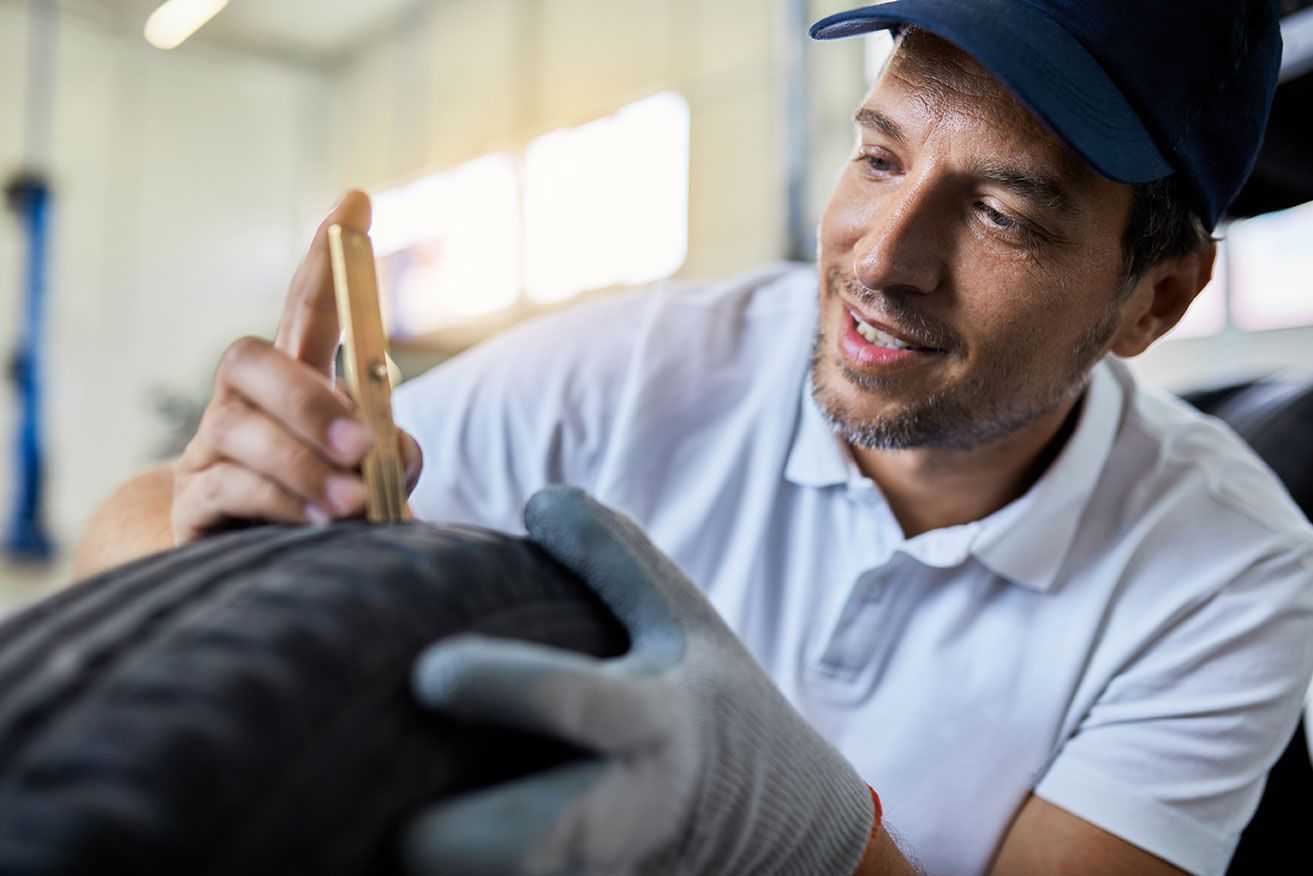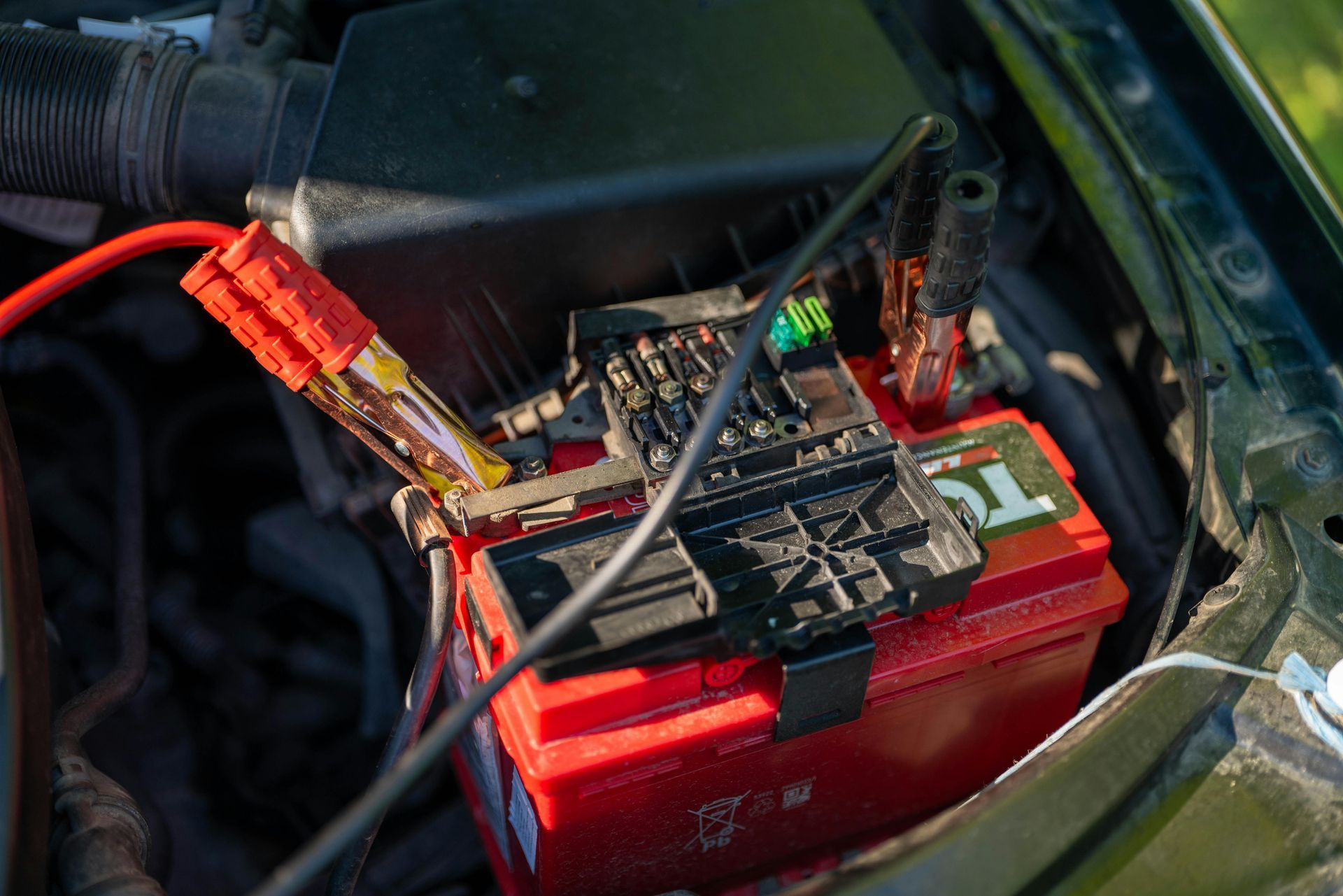9 Reasons to Avoid Automatic Car Washes
Auto Shops Located in: Chapel Hill, Durham, Taleigh, Apex, and Cary North Carolina

While automatic car washes can seem fun and harmless, as the saying goes: you get what you pay for. Unfortunately, this saying is especially true in the world of car washing services. In fact, automatic car wash machines can do more harm than good for your vehicle—potentially causing thousands of dollars in damage.
Our local mechanics are unpacking at nine reasons you should avoid automatic car washes.
1: Car Paint Scratches and Damage
While your car might look clean, walking away from an automatic car wash, you cannot see all the micro-abrasions covering the surface. The recycled water, dirty bristles, and harsh mechanics of these washes result in abrasive substances thrown toward your vehicle at high speeds.
In the worst cases, you can find visible scratches to your paint job on the other side of the car wash. However, these scrapes more often come as minor dents to your protective clear coat. Because they are not usually visible to the naked eye, drivers are unaware of the damage car wash machines can do.
Without a solid clear coat, your paint will rust, chip, and corrode—causing thousands of dollars in damage.
Skip the damage of automatic washes—book a professional car detailing at Chapel Hill Tire today.
2: Alignment Troubles
Driving onto a car wash conveyor belt is not an exact science. If your vehicle is misaligned on the conveyor belts of automatic car washes, they can pull your tires and steering system out of alignment. In addition, if the conveyor belts themselves are misaligned or moving at slightly different speeds, you are more likely to encounter trouble.
3: Broken or Damaged Rearview Mirrors
Many car wash machines have industrial moving parts designed to embrace vehicles of every size and shape. Unfortunately, this can spell trouble for your side mirrors. Unlike the smooth surface of your car’s exterior, your mirrors stick out into the harsh trajectory of these mechanical arms. If your vehicle is off-center or your mirrors are loose, you might drive out of the car wash without them.
4: Hard Water Stains and Paint Damage
Automatic car washes do not dry your car properly, which can leave hard water stains covering the surface of your vehicle. So, what are hard water stains? Water can quickly evaporate after your car wash, leaving calcium and magnesium carbonates behind.
Worse even, automatic car washes often recycle water—meaning dirt and salts from other vehicles can also be mixed into the water. Collectively, these materials can be corrosive to your clear coat and your paint. If not removed promptly, they can cause permanent damage to your car.
Additionally, they leave your freshly “cleaned” car looking dirty. During a professional car wash and detail, a professional will use clean water before drying your vehicle by hand.
5: Bent or Broken Windshield Wipers
Much like your rearview mirrors, windshield wipers can be prone to damage in automatic car washes. While they might not stick out as far as your mirrors, these components are thinner and more vulnerable. Almost any exterior surface of your vehicle can be put at risk by automatic car washes. From broken tire pressure sensors to valve stem damage and antenna issues—we have heard it all.
A hand car wash is the only way to ensure your vehicle will be cleaned safely and effectively.
6: Rim Damage from Car Washes
There are several different types of automatic car wash conveyor belts. Some of these systems work like a grocery store conveyor belt or an airport moving sidewalk—allowing your car to ride through. Meanwhile, others work by grabbing your tire to guide your vehicle forward. Unless you have rim guards, this can create a metal-on-metal connection—quickly causing rim damage.
7: Windshield Damage and Cracking
Unless there is a system malfunction, an automatic car wash is not likely to create a new crack in your car’s windshield. However, these machines can severely worsen existing damage. While you might think, “That doesn’t apply to me—my windshield isn’t cracked!” It might be more of a threat than you think. Small windshield knicks you might not even notice on your vehicle can turn into full-blown cracks inside an automatic car wash.
If you already have a noticeable crack, automatic car washes threaten to make it worse with the pressure of mechanical arms.
8: Interior Considerations
Automatic car washes only get half of the job done. While you might be more concerned about getting dirt or pollen off your paint job, interior consideration is vital to preserving the value of your car. Abrasive dirt, sand, crumbs, and debris can dig into your fabric or leather upholstery. Professional car wash and detailing services will polish both the interior and exterior of your vehicle.
9: Ineffective Car Cleaning
What is the point of paying for a car wash if it does not actually clean your car? In some cases, the dirty bristles and recycled water of automatic car washes can actually make your car dirtier. The hard-to-reach areas of your vehicle will be untouched—and these surfaces often need the most attention. On the other hand, professional car washing and detailing can leave your vehicle shining—inside and out.
Mobile Car Wash and Detailing at Chapel Hill Tire
You can skip the automatic car washes—and the damage they provide—with a professional car wash and detailing service at Chapel Hill Tire.
At Chapel Hill Tire, you’ll receive far better than a traditional automatic car wash with our highest-quality detailing services. Sign up for an appointment at any of our Triangle-area locations. If you don’t have time to drop your car by, we will come to you. Our mobile car wash and detailing services are available on the Chapel Hill Tire Google/Andriod and Apple apps. We invite you to make an appointment or give us a call to get started today!















